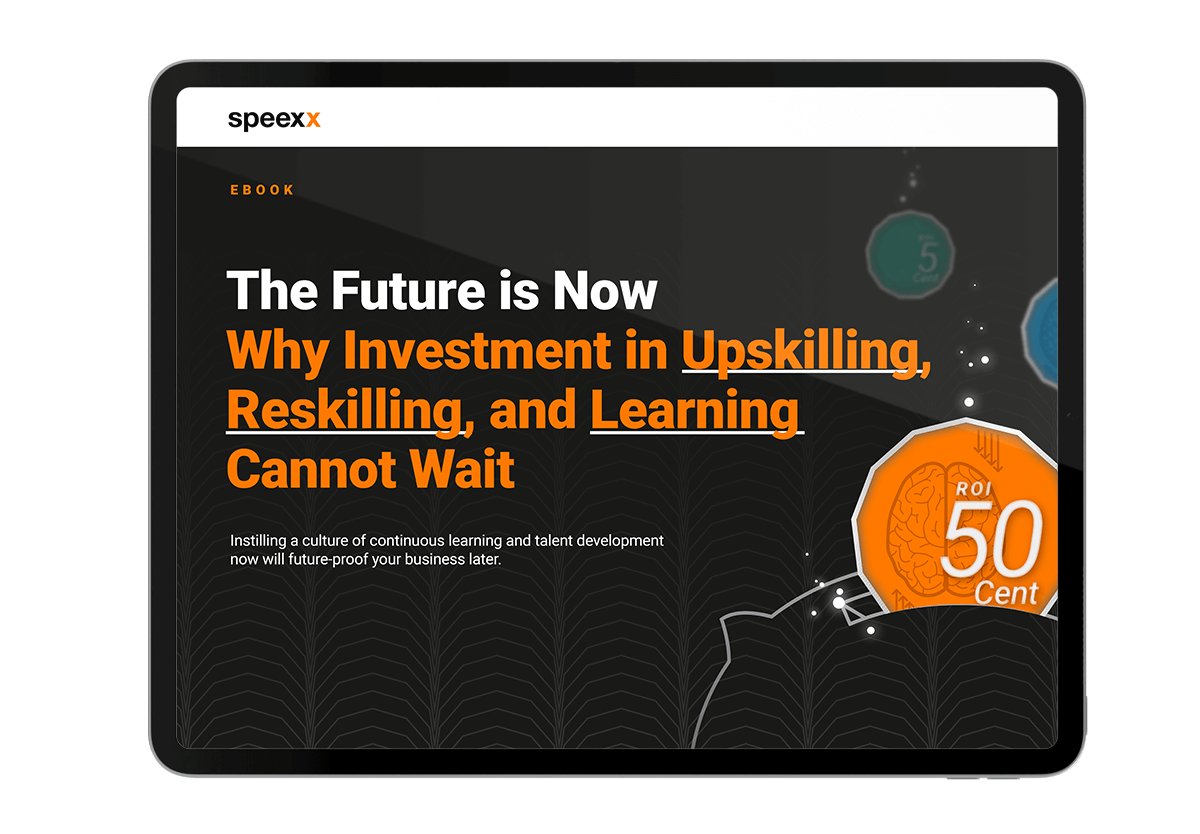The crucial role soft skills play in the workplace is now more recognized, valued, and sought after in the corporate world than ever before. These non-technical qualities such as communication, teamwork, and problem-solving can be more career-defining even than hard skills. Having strong emotional intelligence is of enormous benefit when it comes to interactions in the workplace, and it is often the “secret sauce” behind effective leadership and high-performing organizations.
As these qualities become more relevant and coveted in the modern-day workplace, knowing how to assess these skills is pivotal for HR professionals. This article explores the necessity of assessing soft skills, the difficulties encountered, and the crucial question: Can soft skills be measured?
Content
The Importance of Soft Skills
Soft skills assessment is now a key part of the hiring process as HR professionals seek out the best fit for a role. These interpersonal strengths are invaluable for smooth interaction between team members, effective task execution, and adaptability in the face of unexpected changes.
Candidates with strong soft skills often exhibit a high degree of empathy, they are skilled in managing people, have a knack for strategic thinking, and often make natural leaders. So, when an organization actively seeks out and nurtures such talent, it is evidence of an innovative and agile company culture.
The Challenges of Assessment
Despite their importance, the business of assessing soft skills is often fraught with difficulties. Unlike hard skills, which can be readily validated through tests and/or qualifications, soft skills are less tangible and so more difficult to quantify. Candidates are also prone to exaggerating or inaccurately representing their soft skills during an interview, making the task of accurately gauging them even trickier.
Add to the mix an extra layer of complexity when also considering cultural variations: qualities valued as ‘essential soft skills’ in one cultural context might not be regarded in the same way in another. For example, assertiveness might be seen as a desirable trait in one environment, while in another, it might be perceived as aggressive or disrespectful. Therefore, assessing soft skills needs to be approached with a culturally sensitive lens.

Upskilling, Reskilling, and Learning Cannot Wait
Instill a culture of continuous learning to future-proof your business.
Get the document

Can Behavior Be Measured?
Understanding the value of soft skills and the need to be able to assess them is one thing, knowing how to measure or quantify them is another. Is it even possible to do so accurately? It is true that soft skills are more subjective and harder to detect than hard skills, but there are a few ways to assess them with reasonable accuracy. Here are some of the methods we can use to get a true understanding of a candidate’s soft skills.
- Behavioral interviews offer valuable insights into a candidate’s soft skills. Asking situational questions that require the candidate to elaborate on their past experiences and how they handled specific situations can not only reveal more about their past, but by also analyzing the way they tell you also sheds light on their communication style, problem-solving abilities, and adaptability.
- Standardized interviews can be helpful to give consistency and structure to the interviewing process and the questions asked; this can help mitigate unconscious bias on the part of the interviewer and ultimately produce more meaningful results.
- Psychometric tests can be employed to measure certain soft skills, like emotional intelligence, teamwork aptitude, or propensity for leadership. These standardized tests are designed to measure a candidate’s attributes, including their motivation, values, and style of interacting with others.
- 360-degree feedback is another useful tool for assessing soft skills, especially for existing employees. It involves collecting feedback from an individual’s colleagues, subordinates, and supervisors to paint a comprehensive picture of their interpersonal skills, leadership capabilities, and team participation.
The Art of Assessing Soft Skills
Assessing soft skills requires a mix of science and art. While certain techniques can provide quantitative measurements of a candidate’s behavioral skills, the interpretation of these results is often subjective and requires skilled judgement. HR professionals must cultivate their ability to ‘read between the lines’, paying attention to non-verbal cues and patterns of behavior that can hint at a candidate’s soft skills. Equally important is the capacity to empathize and understand a candidate’s unique experiences and perspectives.
As discussed in this article in Entrepreneur magazine, it is also highly valuable to elicit feedback from employees or candidates upon completion of any training or exercise. As soft skills training primarily deals with behavior, understanding the individual’s subjective experience can be very insightful when evaluating their soft skills.
Improving the Accuracy of Soft Skills Assessment
For soft skills assessment to produce consistently accurate results, continuous refinement of the process is required. It could mean incorporating more behavioral questions into the interview process, implementing more robust psychometric testing, or encouraging a culture of constructive feedback within the organization. Furthermore, it is vital to provide hiring managers with comprehensive training to help them improve their assessment skills; interviewers skilled at asking probing questions and interpreting responses often gain deeper insights into a candidate’s soft skills.
Conclusion: Accept Complexity and Refine the Process
While assessing soft skills presents its own set of challenges, it is an indispensable part of the hiring process. By embracing the complexity of this task, and continually refining the assessment process, organizations can identify candidates with the necessary soft skills to thrive in today’s dynamic and collaborative work environment. After all, the real value of an employee lies not only in what they know, but also in how they use that knowledge and interact with those around them.


